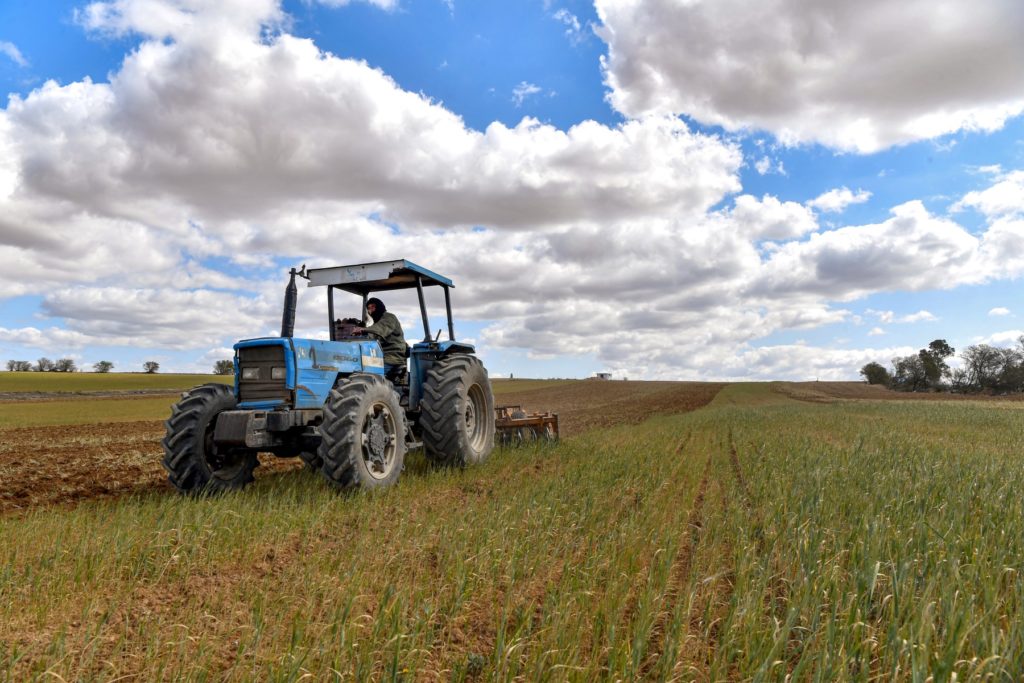São Paulo – An unprecedented drought in Tunisia heralds a catastrophic year for the grain harvest. The country is in its fourth year of drought; however, unlike in previous years, the lack of rainfall is also affecting the fertile and cereal-rich northwest of the country. Pictured above, a producer plowing a wheat crop that did not thrive.
Tunisia will have a greater dependence on imports in the context of rising prices after the Russian offensive in Ukraine – two key producing countries.

Of the 600 hectares 65-year-old farmer Tahar Chauachi planted with wheat, barley, and pulses, only 70 will yield grains this summer, and cereals will be destined mainly for animal feed.
“We sowed wheat here, but the seeds have just died because it’s too dry,” he told AFP while showing his fields in Medjez El Bab, 55 km from Tunis.
“Here we say the March rain is pure gold. But it did not rain in March or in April. The whole year went by without rain,” he lamented.
Tunisia relies primarily on rainwater for its drinking water supply, and dams in the 12-million-people country are currently only a third full.

The Sidi Alem dam in the rainy region of Béja, close to the Chauachi farm, is just 16% full.
The drought forced the Tunisian Ministry of Agriculture to restrict water consumption. Irrigation with drinking water for plantations, green spaces, and street cleaning was prohibited until the end of September, in addition to implementing water quotas for neighborhoods and evening suspensions of supply for households.
Billboards at the entrance to the capital read: Drought is a threat to our country. Saving water guarantees our children’s lives.”
Wheat imports
“This year’s harvest will be catastrophic,” explained the spokesman of the country’s main agricultural union, the Tunisian Union of Agriculture and Fisheries (UTAP), Anis Kharbèche, who estimates “a grain harvest between 100,000 and 150,000 tonnes” against 7 million last year.
He states the country “will have to import all its needs for durum wheat, common wheat, and barley.” He also demanded a “clear strategy” to increase water reserves and allocate a plot for minimum agricultural irrigation.
Agriculture represents between 10% and 12% of Tunisia’s Gross Domestic Product (GDP), but “2% or 3% of farmers are leaving the sector every year,” pointed out Kharbèche.
Any reproduction of this content is prohibited.
Translated by Elúsio Brasileiro




